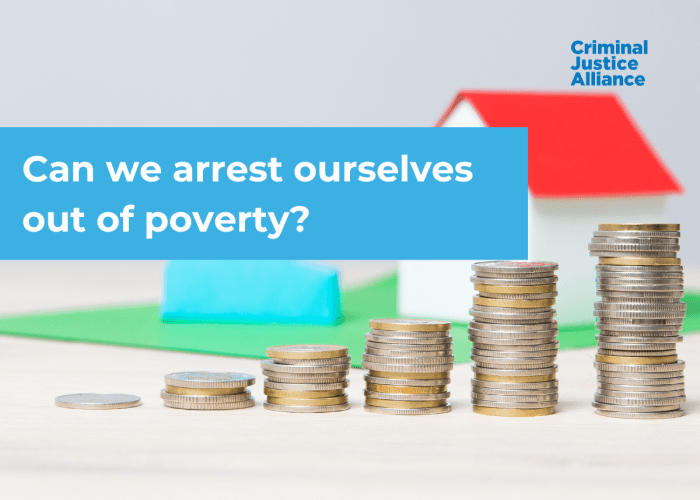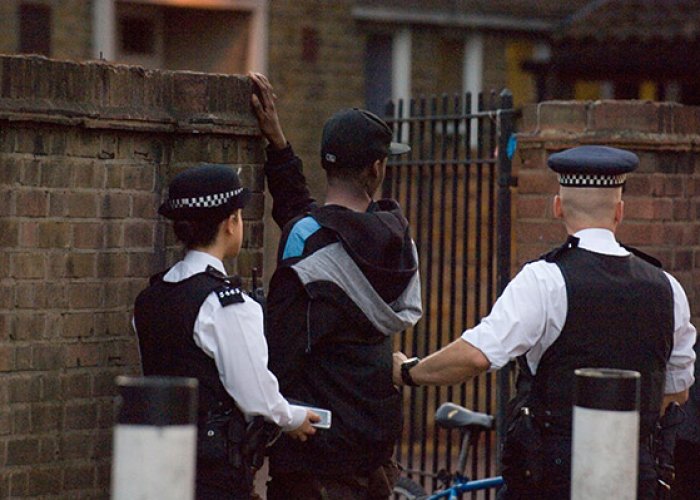A group of 17 civil-society organisations, led by the Criminal Justice Alliance, have written to Rishi Sunak to address the pressing issue of racial inequality within the criminal justice system.
We highlight the stark and persistent disparities that continue to plague Black, Asian and minority ethnic individuals when compared to their white counterparts. These disparities not only translate into unequal outcomes but also contribute to a significant erosion of trust and confidence in the criminal justice system among affected communities.
The letter seeks to remind the government of its duty to uphold the Public Sector Equality Duty, as mandated by the Equality Act 2010. This duty places a responsibility on the government and public bodies to not only eliminate unlawful discrimination but also actively promote equal opportunities and foster positive relations among diverse communities.
We propose a clear and practical roadmap for addressing these issues, including the establishment of a comprehensive policy database, annual analysis of cumulative impacts, and ongoing assessments of policies affecting specific racial groups.
The goal is to create a criminal justice system that is more just, equitable, and inclusive for all, and to ensure that these cumulative impacts are accounted for in the design of future criminal justice policies.
The letter comes in anticipation of a report from HMICFRS in response to our 2021 super-complaint, calling for the repeal of Section 60 suspicionless searches and more effective community scrutiny of stop and search. We hope to have a response in the coming weeks.
Open letter
We, the under-signed, are a group of individuals and organisations deeply concerned about racial inequality in the criminal justice system. The government has in recent years committed to tackle racial disparity in the criminal justice system, which we applaud.
Yet, despite this commitment, Black, Asian and minority ethnic people continue to face much poorer outcomes than white people and have much lower levels of trust and confidence in the criminal justice system. As you know, when the Home Office and Ministry of Justice design new policies, they must have due regard to the Public Sector Equality Duty, as set out in the Equality Act 2010.
The duty requires the government and public bodies to eliminate unlawful discrimination, advance equality of opportunity and foster good relations. However, we have identified that these departments assess each individual new policy in isolation when considering whether identified racial discrimination is justified as proportionate or not.
This means that some ethnic groups are being subjected to multiple discriminatory policies across both departments and such cumulative impacts are not acknowledged. For example, in the last few years alone, Black men have been disproportionately impacted by changes to police powers, sentencing policies and the use of incapacitant (PAVA) sprays in prisons.
We believe the layering effect of these multiple discriminatory policies is further entrenching racial inequality in the criminal justice system. This is sweeping an increasing number of racially minoritised people into the criminal justice system for ever-increasing periods of their lives and their experiences are getting worse, not better.
But there is a practical solution to help reverse this worrying trend. We call on the Home Office and the Ministry of Justice to work together to:
- Establish a database of policies across both departments and their associated Equality Impact Assessments.
- Identify racial groups that are disproportionality impacted by more than one policy.
- Publish an analysis of these cumulative impacts and continue to do this on an annual basis.
- Refer to the database and take cumulative impact into account in any future Equality
- Impact Assessments when assessing proportionality, justification and whether any mitigation is effective.
- Re-assess any adverse impacts that policies in the database may be having on specific racial groups on an annual basis. Consider any changes in the cumulative impact to decide whether additional mitigation or a change of policy is required.
The Criminal Justice Alliance and a selection of our members would like to meet with Home Office and Ministry of Justice ministers to discuss this matter further and identify how the cumulative impacts of policies across these departments can be better reflected when designing new criminal justice policies in the future.
Co-signed by:
Payal Bhavsar, Action for Race Equality
Nisha Waller, APPEAL
Harriet Wistrich, Centre for Women’s Justice
Desmond Brown, Growing Futures UK CIC
Ghadah Alnasseri, Hibiscus Initiatives
Emily Avery, HMPPS
Lilka Szerszynska, Nacro
Pia Sinha, Prison Reform Trust
Frances Breeveld, StreetDoctors
Habib Kadiri, StopWatch
Charlotte Calkin, Restorative Engagement Forum
Aliya Mohammad, Race Equality First
Ali Ahmed, Race on the Agenda
Katrina Ffrench, Unjust
Kojo Ansah, Leaders Unlocked



